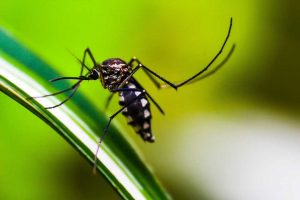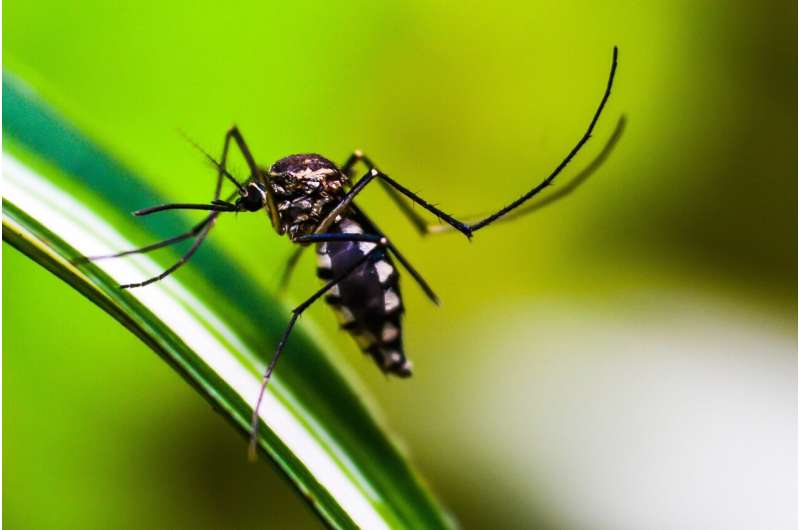What to know about malaria after the first local case in Texas in 30 years


Texas’s first locally acquired case of malaria in 30 years was recently reported by health officials. The patient was diagnosed with the disease after working outdoors in South Texas’s Cameron County, the Texas Department of State Health Services said in a statement Friday.
Experts say that malaria is unlikely to spread to North Texas. Here’s what to know about malaria and how to avoid mosquito bites.
How is malaria spread?
People contract malaria after being bitten by mosquitoes infected with a parasite. Only some mosquito species can pick up the parasite, but once they do, they can spread it to people through their saliva.
How did malaria get to Texas?
Malaria can’t spread among people like a cold or the flu, according to the Centers for Disease Control and Prevention. But if someone with malaria is bitten by an uninfected mosquito, that mosquito can pick up the parasite and pass it to other people. Experts suspect this is likely what happened in South Texas.
“The mosquitoes aren’t jumping to new countries and flying all over the place,” said Sonja Swiger, an entomologist with Texas A&M AgriLife. “It’s the people that do that: We move, and we bring the pathogens with us.”
Will malaria spread to North Texas?
Swiger said Cameron County officials are setting out more mosquito traps to limit the disease’s spread, and the likelihood of it spreading to North Texas is low.
No additional malaria cases have been identified yet in Texas, but the Texas Department of State Health Services said health officials are working to determine whether anyone else was exposed.
Dallas-Fort Worth residents need not worry about contracting malaria anytime soon, but local mosquitoes can spread West Nile virus, the leading cause of mosquito-borne disease in the U.S. West Nile is more common during warmer months and 18 cases have been reported in the U.S. this year, according to the CDC.
What are the symptoms of malaria?
People can experience malaria symptoms seven to 30 days after being bitten by an infected mosquito, according to Alison Ravenscraft, an insect researcher at the University of Texas at Arlington. Symptoms include fever, chills, headaches, fatigue and vomiting. If the disease progresses untreated, it can lead to trouble breathing, brain infection and even death.
Elderly and pregnant people are at higher risk for malaria-related complications. But with treatment, people typically recover.
In the United States, doctors can give patients medicine and fluids to reduce fever and pain while the disease runs its course. Places with more numerous and severe malaria cases, like Africa, have more advanced medicines and vaccines to fight the disease, and organizations are working to improve access to them.
How can I protect myself from malaria?
A few basic guidelines can help D-FW residents avoid mosquito bites:
- Use a bug spray containing DEET or another EPA-approved repellent, especially around dusk and dawn. DEET is approved for use on children, though the CDC suggests adults put some bug spray on their hands before applying it to kids’ faces rather than spraying directly.
- To stay safe in the Dallas heat, apply sunscreen before bug spray.
- Wear long sleeves, long pants, loose-fitting clothes or clothes treated with insecticide.
- Residents can reduce risk by depriving mosquitoes of optimal breeding grounds. Regularly empty standing water from buckets, flower pots and all other containers.
2023 The Dallas Morning News.
Distributed by Tribune Content Agency, LLC.
Source: Read Full Article